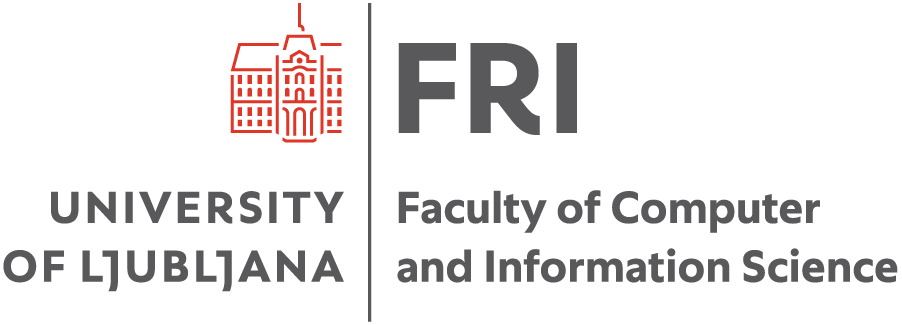- From a doctorate to a computer program able to predict the outcome of sports matches
Petar Vračar is a teaching assistant and researcher at the University of Ljubljana's Faculty of Computer and Information Science. He has recently defended his doctoral dissertation in which he analysed how to develop a computer programme capable of simulating a match between two sports teams in order to make it easier for coaches to prepare their teams for the next match.
We talked to him about his doctoral studies and about his work in general.
1. You have just successfully completed doctoral studies at the Faculty of Computer and Information Science. Before enrolling in the PhD programme you also worked in industry. What persuaded you to return to university? How does your experience in industry help you in your current work?
Working in the commercial sector undoubtedly brings a series of challenges and offers opportunities to develop knowledge and skills. Commercial software development is done by a team and requires the creation of code that is robust, upgradable and transferable. In my experience, however, working in industry becomes monotonous over time. Because of the life cycle of software, the amount of development (the interesting part) decreases, while the amount of maintenance (the less interesting part) is constantly increasing. In industry, unfortunately, you spend most of your time solving problems that are of interest to others, such as clients or potential customers, but do not necessarily coincide with your own wishes and interests.
The work of a researcher, on the other hand, offers you the opportunity to get involved with things that actually interest you and allows you to choose your own way of tackling them. This freedom, the opportunity to satisfy my curiosity as a researcher, seems to me to be the biggest difference and is the key reason that brought me back to the Faculty. As a teaching assistant I try and pass on my knowledge to the students, and this also gives me satisfaction.
2. What can you tell us about your experience as a doctoral student? What, in your view, are the differences between undergraduate and postgraduate studies?
The undergraduate programme aims to provide students with a basic foundation, and so offers a broad view of computer science. At higher levels, on the other hand, the focus is on going more deeply into the fields that interest you most, and there is also a greater emphasis on independent research.
3. The title of your doctoral dissertation is "Analysis of Markov processes in team sports modelling". How can the results of your work be applied in sport and, potentially, other areas?
The basic problem involves generating a chain of events in a hypothetical match between two given opponents. The progress of the match is not completely random because it is a consequence of the rules of the sport and the abilities of the players on the field. This was the finding from which the basic topic of the dissertation developed: how to automatically isolate the factors that influence the course of events (purely on the basis of observation of the sequence of events in actual matches) and arrive at a program capable of simulating any match. The final vision is to use a perfected version of such a simulator as the core of an expert system that would help coaches prepare their teams for their next match. A great deal of work will, of course, still be necessary before reaching this goal.
4. What are your plans for the future?
Completing university studies is not the final step, it is merely an intermediate point on the never-ending journey of developing one's knowledge. There are still many things I want to learn and many problems I would like to try and solve.
As far as my research is concerned, the next step will be to incorporate spatial and temporal data on the movement of players and the ball during a match. This will bring modelling to the level of individual players, and bring us a step closer to our goal.
Enrol in a doctoral study programme. The deadline for applications is June 2nd, 2017. Apply online via the eVš higher education portal.
